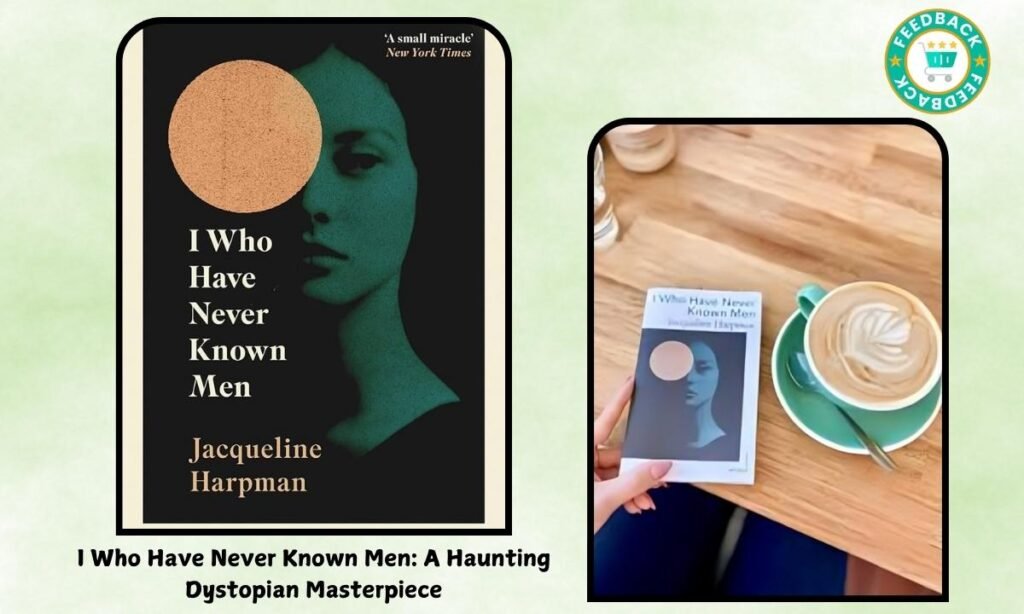Amor Towles’ A Gentleman in Moscow is a rich, atmospheric novel that masterfully blends history, philosophy, and human resilience into a narrative that is both intimate and sweeping. Set almost entirely within the confines of the grand Metropol Hotel in Moscow, the novel tells the story of Count Alexander Ilyich Rostov, an aristocrat who sentenced in 1922 by a Bolshevik tribunal to house arrest in the hotel for the remainder of his life. What follows is a profound meditation on time, culture, and the art of mastering one’s circumstances.
A Gentleman in Moscow Book Review of Plot
The novel opens with Count Rostov standing before a Soviet tribunal, convicted not for any active role in the Russian Revolution, but because he wrote a poem that hints at aristocratic leanings. Rather than execution or imprisonment in the gulags, he sentenced to live the rest of his days within the luxurious Metropol Hotel. If he ever sets foot outside, he will shot on sight.
Relocated from his opulent suite to a small attic room, the Count adapts to his new life with stoic charm and unflappable grace. Over the decades, as Stalin’s purges, World War II, and the Cold War unfold beyond the hotel walls, the Count develops deep relationships with hotel staff, guests, and two young girls who significantly shape his destiny. Through these interactions, Towles offers a sweeping portrayal of 20th-century Russian history—filtered through the microcosm of the Metropol.
A Gentleman in Moscow Review of Characters
At the heart of the novel is the Count himself, a character who embodies elegance, civility, and old-world charm. Despite his confinement, the Count never loses his wit, kindness, or sense of purpose. He is a man of routine, refinement, and quiet rebellion—a perfect vessel through which Towles explores the tension between past and present, dignity and degradation.
Supporting characters are equally memorable. Nina, a precocious girl with a passkey and an insatiable curiosity, introduces the Count to the inner workings of the hotel. Later, Sofia, a child left in the Count’s care, becomes a central figure in his life, offering both emotional depth and a future worth striving for. Hotel employees like the maître d’ Andrey and the seamstress Marina enrich the narrative with warmth and camaraderie, while the menacing secret police officer Osip adds tension and political complexity.
A Gentleman in Moscow Book Review Of Themes
One of the most compelling aspects of A Gentleman in Moscow Book Review is its exploration of how much of life’s richness can found in a confined space. The Count’s philosophical resilience is a tribute to the human capacity for adaptation and grace under pressure. The novel also interrogates ideas of time—how it passes, how we measure it, and how we find meaning in its flow.
The juxtaposition of old-world aristocracy and Soviet modernism raises questions about identity and legacy. The Count is not a revolutionary, but neither is he an idle relic of the past. His quiet defiance lies in his refusal to let the Revolution strip him of his humanity. In a way, the Metropol becomes a metaphor for the soul—under siege, but enduring.
A Gentleman in Moscow Review of Writing Style
Towles’ prose is elegant and polished, echoing the refined personality of the Count himself. His language is formal yet inviting, rich with wit, literary allusion, and philosophical depth. Towles has a gift for description, painting vivid scenes of banquets, musical performances, and snowy Moscow nights. There is a rhythm and symmetry to his writing that mirrors the Count’s own meticulous sensibility.
At times, the novel veers into the whimsical, almost fairy-tale territory, with coincidences and narrative detours that require some suspension of disbelief. But rather than detracting from the story, these elements enhance its charm and underscore the timeless, slightly magical atmosphere of the hotel.
A Gentleman in Moscow Review of Historical Context
Towles does not inundate the reader with historical exposition, yet the backdrop of Soviet Russia is essential to the story’s emotional gravity. Political events filtered through the hotel’s doors—heard on radios, seen in newspaper clippings, and experienced through the shifting fortunes of characters. The novel subtly critiques totalitarianism not through direct confrontation, but by celebrating the enduring power of art, friendship, and personal integrity.
A Gentleman in Moscow Review of Pacing and Structure
The novel’s structure is carefully crafted, moving through time in a way that feels organic and deliberate. Chapters are often interspersed with philosophical musings or glimpses into the future, creating a sense of layered storytelling. The pacing may feel slow to some readers—particularly in the early chapters—but patience is rewarded. The narrative builds to a poignant and satisfying conclusion, one that feels both surprising and inevitable.
Conclusion
A Gentleman in Moscow Book Review is not just a novel about a man confined to a hotel—it’s about finding freedom in limitation, purpose in idleness, and beauty in small things. It is an affirmation of the human spirit and a celebration of civility, even in the face of historical upheaval. For readers who appreciate literary fiction that is both character-driven and historically resonant, this novel offers a rare and enriching experience. In an era where life often feels fast and fragmented, Towles invites us to slow down and savor the moment. A Gentleman in Moscow is a modern classic—graceful, wise, and deeply moving.
Also Read About –



